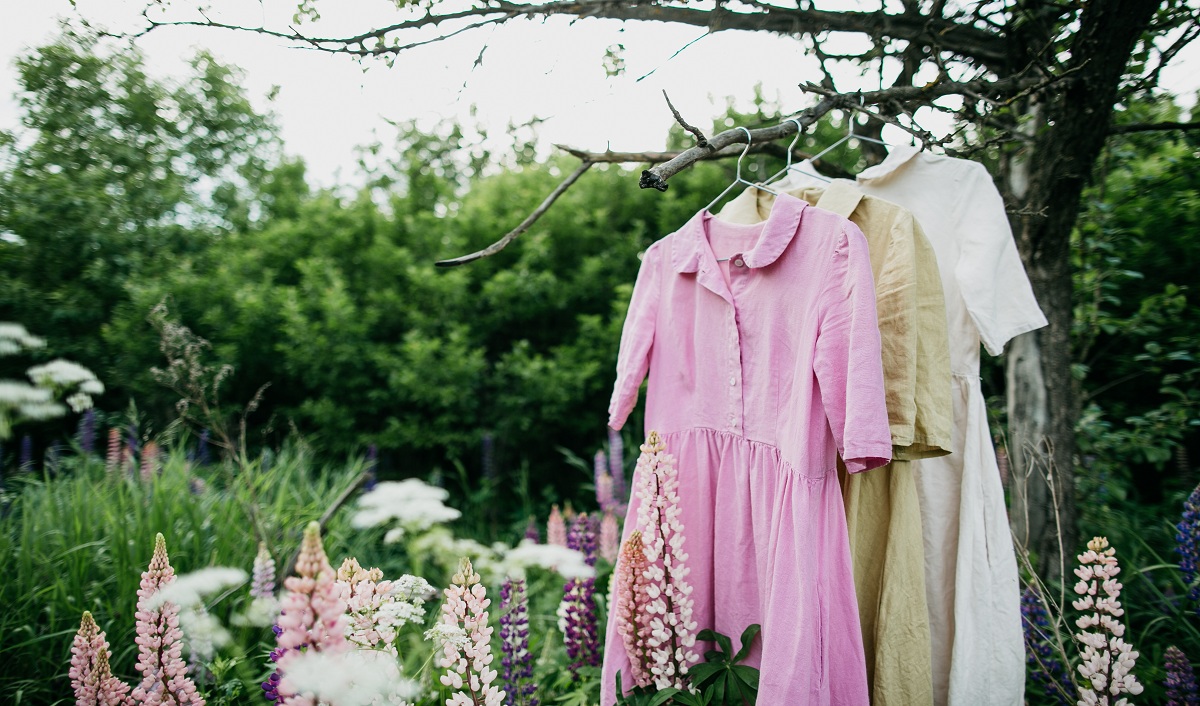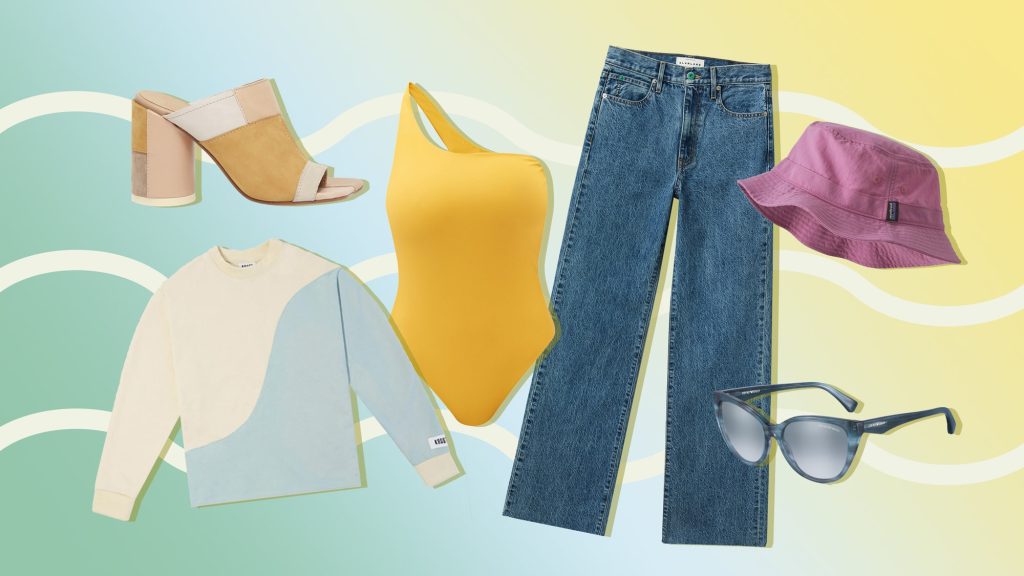
Eco-Friendly Fashion: Sustainable Trends in the Industry
The fashion industry is transforming in a world that’s increasingly conscious of its environmental footprint. We’re witnessing a shift towards eco-friendly fashion that prioritizes sustainability, ethical practices, and conscious consumption. If you’re curious about how the fashion world is changing for the better, you’re in the right place. This article’ll explore the latest sustainable trends in the fashion industry, from eco-conscious materials to ethical production methods. So, grab your bamboo tote bag, slip into your favorite organic cotton tee, and dive into the exciting world of eco-friendly fashion!
The Rise of Eco-Friendly Fabrics
Traditional fabrics like cotton and polyester have a significant environmental impact due to their resource-intensive production processes. However, eco-friendly fabrics like organic cotton, hemp, and Tencel are gaining popularity. These materials are grown or manufactured with minimal use of pesticides and chemicals, making them better for the planet and your skin.
Ethical Fashion: Putting People First
Ethical fashion is more than just the environment; it’s also about the people behind the clothes. Brands increasingly focus on fair labor practices, ensuring workers are paid fair wages and provided with safe working conditions. When you wear ethical fashion, you can feel good knowing your choices support the well-being of garment workers worldwide.
Slow Fashion Movement
The fast fashion industry encourages disposable clothing, but the slow fashion movement promotes quality over quantity. It’s about investing in timeless pieces that last, reducing the need for constant shopping. By embracing slow fashion, you save money in the long run and reduce your ecological footprint.
Upcycling: Turning Trash into Fashion Treasures
One person’s trash is another person’s fashion statement. Upcycling takes discarded items and transforms them into new, stylish pieces. This creative approach to fashion reduces waste and adds uniqueness to your wardrobe.
Vegan and Cruelty-Free Fashion
Animal cruelty is a significant concern in the fashion industry. Vegan and cruelty-free fashion brands ensure that no animals are harmed in making their products. You can look fabulous while supporting a compassionate cause.
Zero-Waste Fashion: A Sustainable Approach
Zero-waste fashion designers aim to create garments without producing any waste during production. They utilize every bit of fabric, ensuring nothing ends up in landfills. It’s a brilliant way to minimize environmental impact.

Local Sourcing and Production
By choosing fashion made locally, you reduce the carbon footprint associated with shipping products across the globe. Supporting local artisans and manufacturers also boosts your community’s economy.
Renting and Secondhand Shopping
Why buy when you can rent or buy secondhand? Renting formal attire or shopping at thrift stores is budget-friendly and eco-friendly. It reduces the demand for new clothing production and helps reduce textile waste.
Fashion Brands Going Carbon Neutral
Some fashion brands are taking significant steps towards carbon neutrality. They invest in renewable energy sources, reduce emissions, and offset their carbon footprint. Supporting these brands means supporting a greener future.
Eco-Friendly Fashion for Every Budget
Contrary to popular belief, sustainable fashion doesn’t have to break the bank. From affordable eco-friendly basics to high-end sustainable luxury brands, there are options for every budget. Investing in eco-conscious fashion is an investment in a better planet.
Conclusion: Embracing a Greener Wardrobe
In conclusion, eco-friendly fashion is not just a trend; it’s a movement towards a more sustainable and ethical industry. From eco-conscious fabrics to supporting fair labor practices and reducing waste, there are countless ways to make a positive impact through your fashion choices. By embracing these sustainable trends, you can look good, feel good, and contribute to a healthier planet.
FAQs About Eco-Friendly Fashion
- What is the significance of eco-friendly fabrics in fashion?
Eco-friendly fabrics, such as organic cotton and Tencel, have a lower environmental impact than traditional materials. They promote sustainable farming practices and reduce harmful chemicals, making them a better choice for the planet and consumers.
- How does ethical fashion benefit garment workers?
Ethical fashion ensures that garment workers are paid fair wages and provided with safe working conditions. By supporting ethical brands, consumers contribute to improved living standards and job security for these workers.
- What is the difference between fast fashion and slow fashion?
Fast fashion prioritizes quick turnover of inexpensive clothing, while slow fashion encourages quality over quantity. Slow fashion promotes buying timeless pieces that last, reducing the need for frequent shopping and the resulting waste.
- How does upcycling contribute to sustainability in fashion?
Upcycling repurposes discarded items into new and stylish clothing, reducing waste and extending the lifespan of materials. It’s a creative way to make fashion more sustainable.
- Can I find affordable, eco-friendly fashion options?
Yes, there are eco-friendly fashion options for every budget. From budget-friendly basics to high-end sustainable luxury brands, consumers have various choices that align with their financial preferences and values.
